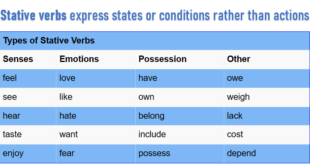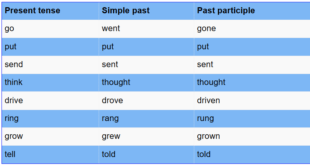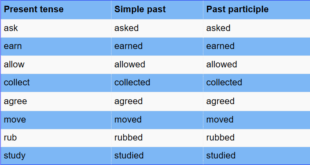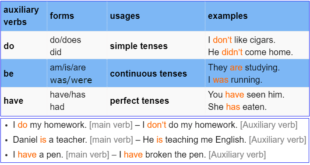
A clause is a group of words containing a subject and a verb.
There are two types of clauses:
- Independent clauses
- dependent clauses
An independent clause (also called a main clause) has a subject and a verb and can stand alone as a sentence. It’s a simple sentence.
- I want to buy a car.
- He wasn’t wearing a sweater.
Form:
-
- Don’t waste time, for time is what life is made up of.
- You cook the lunch, and I’ll do the dishes.
- Jim was not at work, nor was he at home yesterday.
- Jane loves fish, but she doesn’t like pizza.
- You should go now, or you’ll be late.
- The house was small, yet it was spacious.
- I’m not tired, so I’ll walk home.
A dependent clause (also called a subordinate clause) has a subject and a verb but cannot stand on its own. It must combine with an independent clause to form a sentence. This type of sentence is called a complex sentence.
- I was late because my car wouldn’t start.
- You can ask for help whenever you need it.
- Although it was cold, he wasn’t wearing a sweater.
If we put the dependent clause first, we have to put a comma after it.
- If you finish the work by Friday, I’ll pay you more.
- Before you go out, lock up all the doors.
If we put the independent clause first, the comma is not required.
- Lock up all the doors before you go out.
- I’ll pay you more if you finish the work by Friday.
There are three types of dependent clauses:
- Noun clauses
- Adjective clauses
- Adverb clauses
Noun clauses function like nouns. We can use them as a subject, an object, or an object of a preposition in a sentence.
It may begin with what, whatever, which, whichever, who, whoever, whom, whomever, how, that, when, where, and why.
- What I like to eat is canned fish. [subject]
- I can choose what I like to eat. [object]
- I don’t care about what people think. [object of a preposition]
Adjective clauses (also called relative clauses) function like adjectives. We use relative pronouns (who, which, that) and relative adverbs (when, why, where) to make them.
- The man who just came in is Mike.
- The book that is on the table is mine.
- The place where we can hide is here.
- The reason why I’m late a secret.
There are two types of adjective clauses:
- restrictive clauses
- non-restrictive clauses
Restrictive clauses give us more information that is essential to the meaning of the sentence. And we do not use commas with them.
- The man who came to see you was Jacob.
- She that is angry is rarely at ease.
Non-restrictive clauses give us more information that is not essential to the meaning and can be left out. We use commas with them.
- Her uncle, who is in the army, lives next door.
- My new car, which I bought last month, is red.
Adverb clauses function like adverbs and answer one of these questions: where, why, how, where, when, and to what degree.
- You will see a chess club where the road turns left.
- Stand up so that I can see how tall you are.
- As long as you do your best, they’ll be happy.
An adverb clause starts with a subordinating conjunction, and we can put it at the beginning, in the middle, or at the end of the sentence.
Types of adverb clauses
- I went home because I was too tired. [reason]
- Let’s get ready now so that we can leave early. [purpose]
- Although he is old, he is still very active. [contrast]
- They stared at me as if I was crazy. [manner]
- Let’s wait until the rain stops. [time]
- Everywhere we go, people will recognize us. [place]
- He is older than his wife. [comparison]
- I can’t help you unless you tell me what is wrong. [condition]




